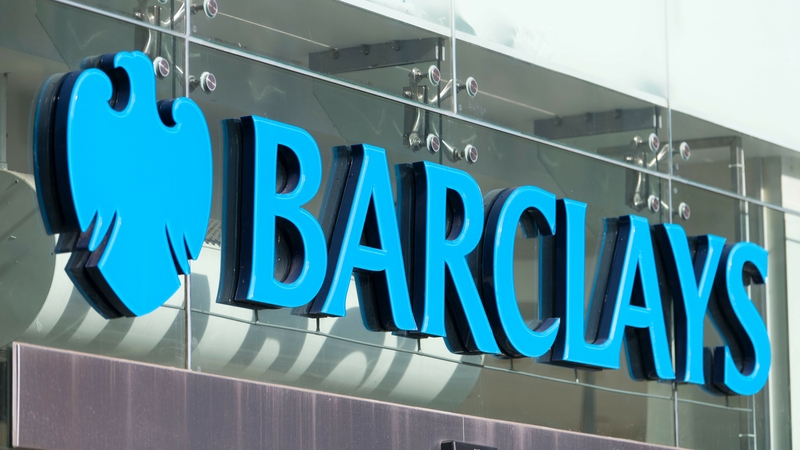Barclays has today beaten forecasts with a small rise in third-quarter profit, as a strong performance in fixed income trading alleviated loan loss charges and helped it bounce back from a costly trading error.
The British bank made a profit before tax of £2 billion in the three months from July to September.
This was up from £1.9 billion the same time a year ago and above analysts' average forecast of £1.8 billion compiled by the bank.
Income in the fixed income, currencies and commodities business (FICC) doubled to £1.6 billion from a year earlier as volatile markets saw heavy trading by clients.
That helped Barclays to grow profits, in contrast to Wall Street rivals which earlier this month reported a downturn as they set aside more rainy-day funds to cover losses from borrowers and turbulent markets choked off investment banking activity.
Barclays' surge in FICC income compared favourably with US peers such as Morgan Stanley, which saw revenues from similar business rise 33% in the same period.
European rival Deutsche Bank saw fixed income trading revenues rise 38%.
Barclays' recent performance has been marred by a trading blunder that saw it agree a penalty of $361m with US regulators for what they described as "staggering" failures that led the bank to oversell nearly $18 billion worth of investment products.
The error has cost the bank hundreds of millions of pounds this year, but it did not incur an additional hit in the third quarter, instead booking a £29m gain after benefitting from a hedge on its losses.
Barclays said the net loss arising from the error over the year to date was £600m.
The bank's results come amid the most turbulent period in Britain's politics and economy since the 2016 Brexit referendum, with Rishi Sunak appointed prime minister this week after the implosion of Liz Truss's administration.
Truss's programme of unfunded tax cuts to fuel growth triggered a crisis of investor confidence that led to a spike in mortgage prices, piling pressure on borrowers.
That came on top of an already worsening cost of living crunch for customers, sparking fears that banks which had been benefiting from higher interests rates will suffer more loan losses from squeezed household finances.
Barclays set aside £381m in the quarter to cover potentially soured loans - topping up its provisions for the year to £722m - to reflect the deteriorating outlook.
